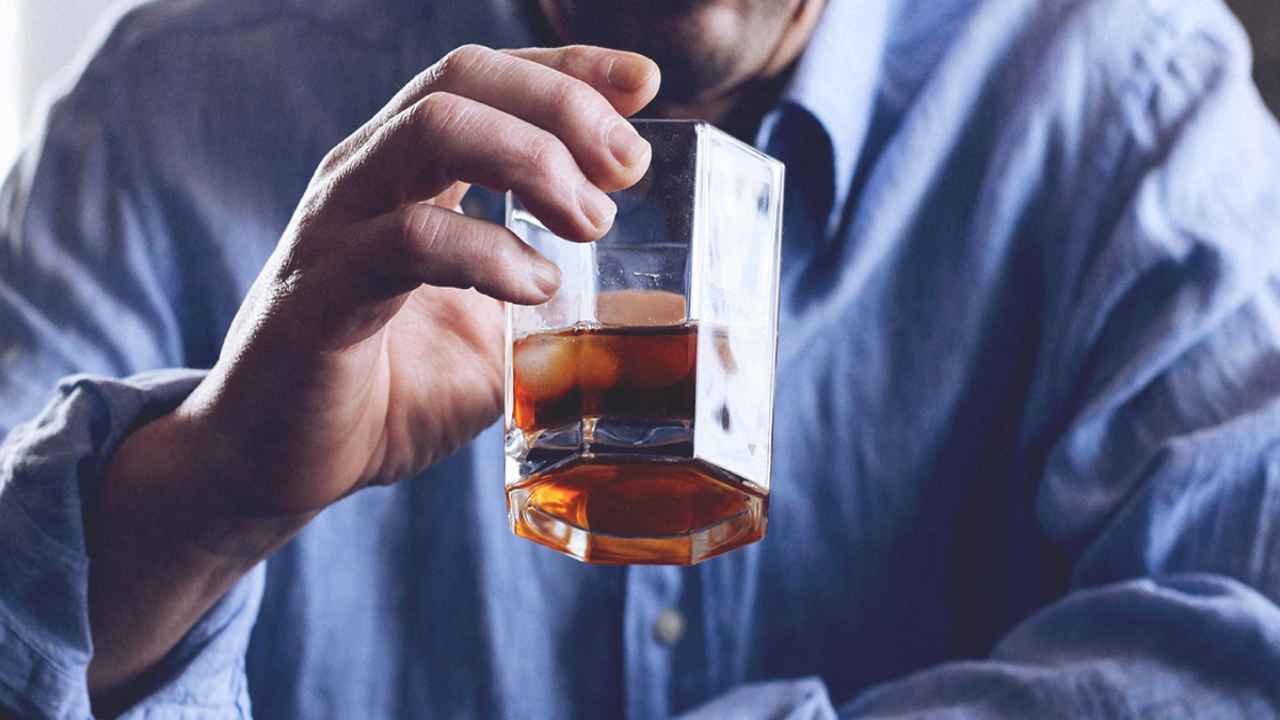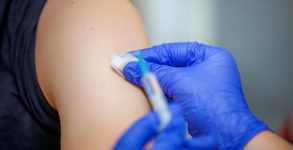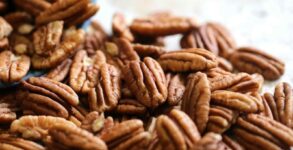It is common to hear this question after New Year’s party and any other day people choose to go clubbing: “Why do we drink the way we do?” A group of researchers has found that at least some of it has to do with a particular protein in the part of the forebrain that regulates, among other things, decision-making and reward perception. The study conducted by them was published in the Nature journal ‘Communications Biology’.
In the study, researchers announced that the presence of the Bmal1 gene in the striatum affects alcohol consumption in both male and female mice — but in a sexually dimorphic manner. Male mice without the protein consumed more alcohol than those that had it, while female mice without the protein consumed less than females with it. Bmal1 is also an integral element in the suprachiasmatic nucleus, the master circadian clock found in all mammals that regulates the sleep-wake cycle. Previous association analyses of clock genes revealed a potential role for Bmal1 in alcohol-drinking behaviour. Expanding on this — and given evidence of sex differences in alcohol consumption and in some functions of clock genes — the researchers hypothesized that Bmal1 may affect alcohol intake in a sex-dependent manner.
Dry days in Mumbai 2022: List of the days when alcohol will be unavailable
The study was led by Nuria de Zavalia, a research associate and lab manager at the Center for Studies in Behavioral Neurobiology and supervised by Shimon Amir, a professor of psychology and Distinguished University Research Professor. The co-authors were research associate Konrad Schoettner, undergraduate student Jory Goldsmith, research assistant Pavel Solis, alumna Sarah Ferraro (PhD 21) and research assistant Gabrielle Parent. The researchers created two lines of mice, using molecular biology methods to delete or “knock out” the Bmal1 gene from the striatum’s medium spiny neurons in one of them. The gene remained present in other parts of the body, since it plays a critical role in the circadian clock. The other line was used as a control.
Males who had the Bmal1 gene deleted from the striatum were found to consume more alcohol than the ones that did not have it deleted, while in the females, the results were the opposite: those without Bmal1 consumed less alcohol than those that had it. (Normally, female rodents tend to consume more alcohol per body weight than males.) “The main conclusion we can draw from this is that in females, Bmal1 in the striatum confers risk, since they consume more alcohol when the gene is present,” Amir said. “In males, the gene is protective, as they drink less alcohol. The sex differences you see in normal mice are eliminated when the gene is taken out of the striatum.”
List of dry days in Delhi 2022: Occasions when alcohol will be unavailable in national capital
Amir noted that neither the sugar consumption nor circadian rhythms was affected by the deletion of the gene. “It seems that striatal Bmal1 plays a causal role in the control of alcohol consumption and makes an important contribution to sex differences in alcohol intake,” he explained.
The researchers believed that this discovery could help in treating addiction in humans. For instance, while women reported lower alcohol use and dependency than men, they suffered more adverse consequences of alcohol use and dependency. “So far, the limited biological and pharmacological treatments for alcohol dependence don’t distinguish between males and females, even though there are major differences in alcohol drinking behaviour and addiction between the sexes,” he said. “By discovering sexually dimorphic mechanisms, addiction treatment specialists could ultimately use this knowledge to develop sex-based treatment.”
Study finds live-streaming ads for junk food, alcohol increased during COVID pandemic


















